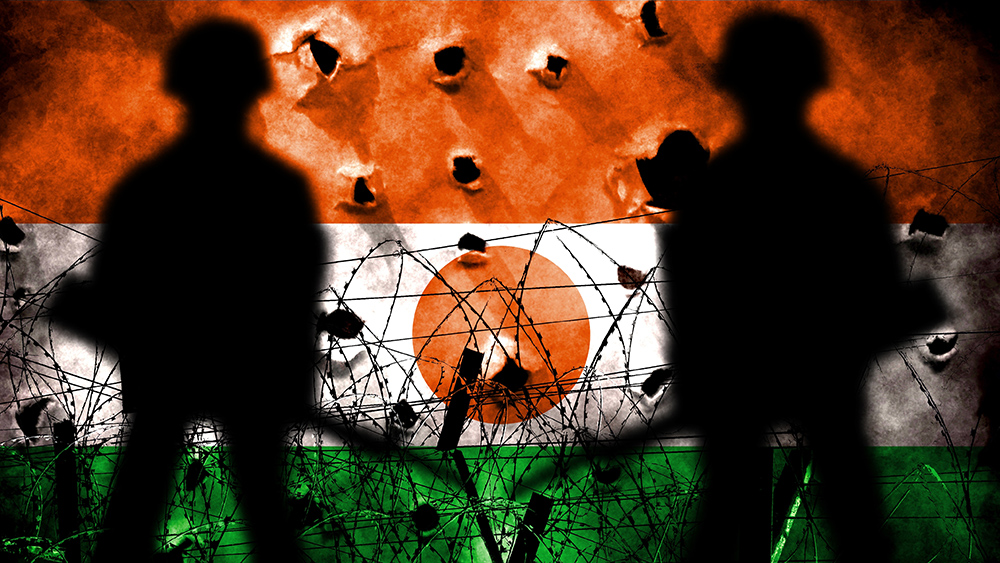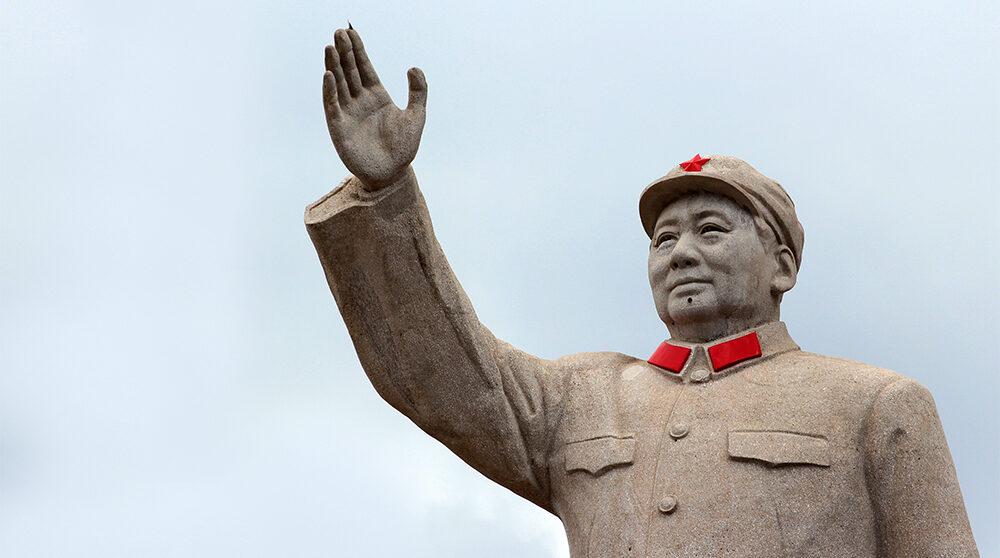Burkina Faso, Mali and Niger have a new defence alliance that was created while Ecowas was threatening to intervene militarily in Niger to help restore constitutional order. However, the question is if the alliance will have any impact on the islamist insurgency, writes Moda Dieng from Université Saint-Paul / Saint Paul University and Philippe M. Frowd from L’Université d’Ottawa/University of Ottawa.
On 16 September 2023 in Bamako, Burkina Faso, Mali and Niger established the Alliance of Sahel States, a mutual defence pact. The agreement was signed against the backdrop of an ongoing political crisis in Niger following a coup on 26 July 2023. The regional bloc, the Economic Community of West African States (Ecowas), threatened military intervention.
The leaders of the three countries signed the Liptako-Gourma charter, named after the Liptako-Gourma region, which straddles the three countries and is at the heart of security concerns in the central Sahel.
The alliance was set up to help counter possible threats of armed rebellion or external aggression. According to the member states:
any attack against the sovereignty and territorial integrity of one or more contracting parties will be considered as aggression against the other parties.
However, the different bodies and mechanisms of the alliance have yet to be created.
The Sahel region has been facing a jihadist insurgency since the early 2000s. This situation has triggered many other conflicts in the region – war in Mali and insurgency in Burkina Faso. The member states of the military alliance have experienced military coups in recent years, leading to a deterioration of their relations with the rest of Ecowas and the international community.
They have all hosted troops from the former colonial power, France, on their soil.
The alliance was created while Ecowas was threatening to intervene militarily in Niger to help restore constitutional order following the coup d’état led by General Abdourahmane Tchiani. Its formation, however, raises a number of questions.
Our research focuses on security issues in the Sahel. In this article, we analyse the reasons for the creation of this alliance, its likely implications for regional cooperation and its chances of success.
A desire for regional solidarity
For more than a decade, the fight against insecurity in the Sahel was led by France, as the coordinator of local and international interventions. This changed with the withdrawal from Mali of the French military from Operation Barkhane in 2022 and the departure of France’s Operation Sabre from Burkina Faso in 2023.
The new pact reflects a desire to break with the way terrorism and organised crime have been combated. For example, the perceived ineffectiveness of the G5 Sahel Joint Force and Operation Barkhane contributed to Mali’s decision to seek other partners such as Russia.
The resurgence of insecurity in the Sahel, however, shows that, in the fight against terrorism and organised crime, will and solidarity are not enough. Liptako-Gourma, a vast region of 370,000km² and home to 45 percent of the total population of the three states, has been experiencing a serious security crisis. This is due to the presence of armed groups who are taking advantage of the withdrawal of Barkhane.
By February 2023, the number of deaths linked to political violence had increased by 77 percent in Burkina Faso and 150 percent in Mali compared with 2021. Burkina Faso is now the country with the highest number of victims of acts of terrorism in the world, ahead of Afghanistan.
Constraints on cooperation
The Alliance of Sahel States has been created at a time when regional and international cooperation in the Sahel is struggling. The G5 Sahel Joint Force, which raised a lot of hopes when it was launched in 2017, has been on the brink of collapse since Mali withdrew in 2022. Cooperation with European partners has been hampered by a succession of events and decisions. These include the denunciation by Mali, Burkina Faso and Niger of several defence agreements with Paris and the withdrawal of French troops.
Although some partners, such as the United States, maintain a presence in the Sahel, these changes have put constraints on the cooperation dynamic that has existed in the region for almost 20 years.
Ecowas has not yet committed resources to the fight against terrorism in the Sahel. The organisation has been very active in resolving political crises linked to coups in the region, but has not succeeded in encouraging transitions to civilian power.
Ecowas’ threats to intervene militarily in Niger played a role in the creation of the new alliance.
What will be the relationship between the Alliance of Sahel States and Ecowas? It is still too early to say. The same applies to the relationship between the alliance and other initiatives such as the G5 Sahel Joint Force and the Accra Initiative. For now, Burkina Faso, Mali and Niger are in a political stalemate with Ecowas on multiple fronts.
Lack of aerial resources
The Sahel States Alliance appears to be an extension of an effort by the three countries to make the fight against terrorism their own. The resurgence of insecurity in the Sahel shows, however, that in the fight against terrorism and organised crime, the desire to be autonomous is not enough.
The members of the new alliance are committed to financing the initiative through their own contributions. However, given their limited capacities, it is unlikely that they will be able to carry out the financially intensive war on terrorism on their own.
Their armed forces also have major capacity weaknesses. Chief among them is a shortage of air assets. The army personnel with whom we spoke during our interviews in the Sahel are convinced that their defence and security forces could fight terrorism effectively if they had significant air capability.
Through this new pact, the member countries are banking on the military approach. However, the fight against security threats does not depend only on military means. Experience in the Sahel has shown that a security-based approach tends to encourage escalation and violence against civilians.
Admittedly, through the Sahel Alliance – not be confused with Alliance of Sahel States – the European Union and other partners have, in addition to military intervention, funded development projects, but without any major impact.
As a system of defence and mutual assistance, the Liptako-Gourma Charter does not address economic and social development. This is essential in the fight against insecurity. For the time being, the new alliance remains a geopolitical signal linked to an embryonic security structure.
Moda Dieng
Professor of Conflict Studies, School of Conflict Studies, Université Saint-Paul / Saint Paul University
Philippe M. Frowd
Associate professor, L’Université d’Ottawa/University of Ottawa
This article is republished from The Conversation under a Creative Commons license. Read the original article.
Read also


